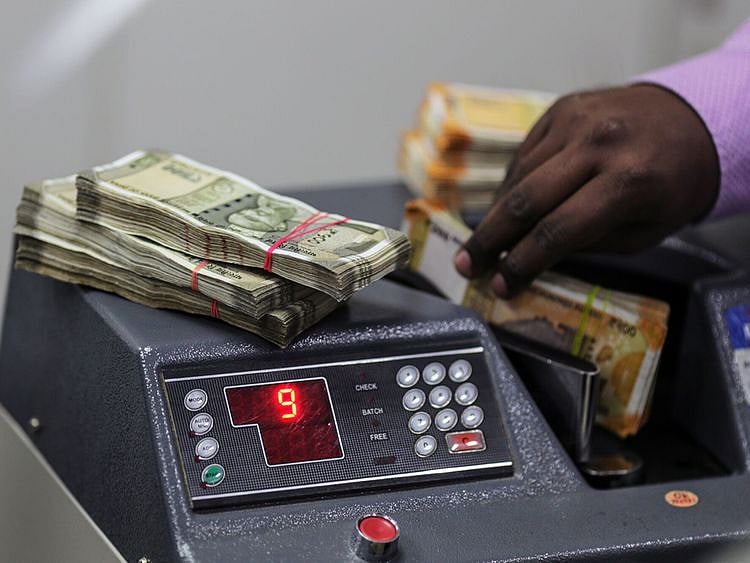Remit smarter: Score savings with expected Indian rupee weakness in August!
Maximise your remittances to India by taking advantage of these currency trends

Dubai: Good news! Sending money from the UAE to India just got more financially savvy! Here's the deal!
Among popular South Asian currencies, the Indian rupee is seen weakening the most against the UAE dirham in the coming weeks, evaluated UAE-based foreign currency exchange (forex) analysts.
This translates to more money for you: When sending UAE dirhams home in India, you'll get more rupee for your loved ones. So, if you’re ready to leverage these remittance-friendly rates, here's what to do…
Will your currency back home rise or fall in August?
When it comes to sending money back home, it is vital to know whether it is currently an ideal time to remit. To understand whether it is or isn’t, one should first find out if your currency back home is expected to rise or fall in the days to come. Here is an analysis of how the Indian rupee has been performing and expected to perform in the coming weeks and month, to help understand whether remitting money now is profitable or cost-effective, or should you wait it out for a few weeks for a better rate to come along.
Indian rupee value to be weak in the weeks to come
The Indian rupee is now trading at a record low of 22.79 to the UAE dirham, while at 83.72 against the US dollar. The Indian rupee has been reacting to the new Indian Budget proposed last week, after then dropping to a new low of 83.69 to the US dollar (or 22.78 to the dirham).
“According to new research, the Indian rupee is expected to drop further still against the UAE dirham and the US dollar, to Dh22.92, within the third and fourth week of August – which is below the level the currency is at the moment,” Amit Trivedi, a forex analyst in Dubai.
“As the exchange rate of Indian rupee is not expected to bounce back to stronger levels for expat remitters in the months after, it is financially prudent to remit soon. This is because you’ll get more Indian rupees for your UAE dirham’s worth when it is does fall in value then.”
While the Indian rupee has been choppy against the US dollar and the UAE dirham in the recent past, the volatility has decreased in the past year. However, as per new forecast estimates, flux is again expected to affect the currency’s exchange rates till the end of 2024.
What are the other factors triggering Indian rupee movements?
The value of a country's currency is linked with its economic conditions and policies, and generally depends on factors that affect the economy. These include factors such as imports and exports, inflation, employment, interest rates, growth rate, trade deficit, performance of equity markets, foreign exchange reserves, and macroeconomic policies, inflow of investments, banking capital, commodity prices and geopolitical conditions. A possible decline against the dirham reflects the decline of the currencies' fall against the US dollar on which the UAE currency is pegged. However, if the US dollar weakens, the trends will reverse. In other words, any weakness or strength in the value of your currency in your home country against the US dollar will be automatically reflected in its exchange rate with the UAE dirham as the UAE currency is pegged to the dollar.
Bottom line?
“Remittance rates may seem largely favourable to Indian expat remitters now as the value of their currency back home is currently experiencing renewed weaknesses,” added Trivedi. “Moreover, with the US dollar expected to rise further in the weeks to come, more remittance opportunities will arise for other South Asian currencies as well.”
Sign up for the Daily Briefing
Get the latest news and updates straight to your inbox
Network Links
GN StoreDownload our app
© Al Nisr Publishing LLC 2025. All rights reserved.